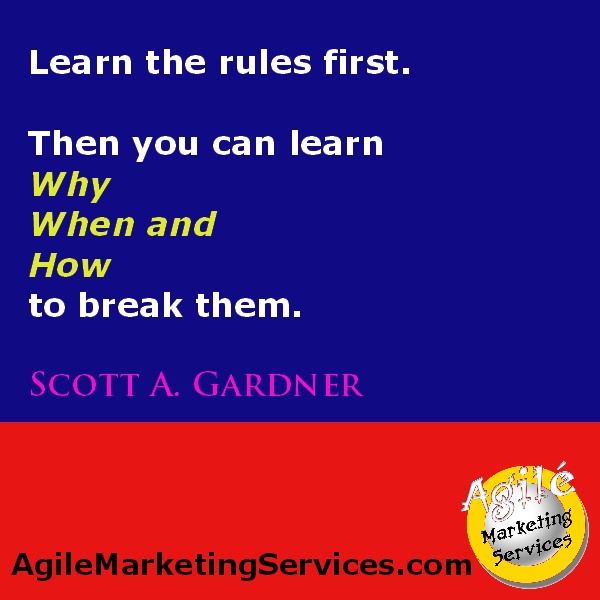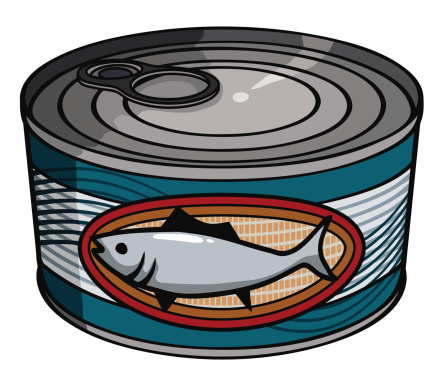Month: July 2019
C-nap Plans 004

Learn the rules first. Then you can learn why, when, and how to break them.
Quote Roosevelt
 “The only man who never makes mistakes is the man who never does anything.” Theodore Roosevelt
“The only man who never makes mistakes is the man who never does anything.” Theodore Roosevelt
Won’t Turn Pink In The Can

Once upon a time
There’s an apocryphal story about a tuna cannery at the turn of the 20th century. Canned salmon was the dominant fish sold over most of the US. An exec with the tuna cannery compared all the features of his tuna with the features of canned salmon. One of the biggest differences was the color. Tuna was white, and salmon was pink.
Rather than try to convince prospects why they should buy tuna instead of salmon, he simply added a large headline to all his ads for tuna: “Will Not Turn Pink In The Can.”
Tell the truth
The beauty of this phrase was that the ad exec was making a factual statement. He left the reasoning as to why it was factual to prospective consumers. Salmon was pink when the can was opened – did that mean there was something wrong with the fish? The can? The whole process of getting salmon to consumers?
While the actuality of this story has been debunked a number of times, the truth of it remains. So much so that in the past couple of decades, real marketing executives have used used phrases like “A non-fat food” on packaged loaded with sugar and carbs, or “No added sugar” or “No added salt” on foods naturally loaded with with those ingredients.
These are easy examples – ones well within reach that I can pluck down and show you. However, not every example has to have the negative potential that these phrases have.
Be assertive
I’m bringing this up because I have a prospective client who’s looking for a way to differentiate her products from her competitors. You don’t have to craft sentences starting with “We’re different because. . .” or “We’re better because. . .”
Find something positive to say about your product or service – something that sets it apart from your competition – and trumpet it loudly and proudly. Pick something irrefutable, something that cannot be proven false. Use this as your positioning statement, and make sure it’s truth sets you apart from the competition. After that, it’s up to you to tell prospects why that position is better than, or superior to, the competition.
Graphic: Mind Control

If you don’t control your mind, someone else will.

